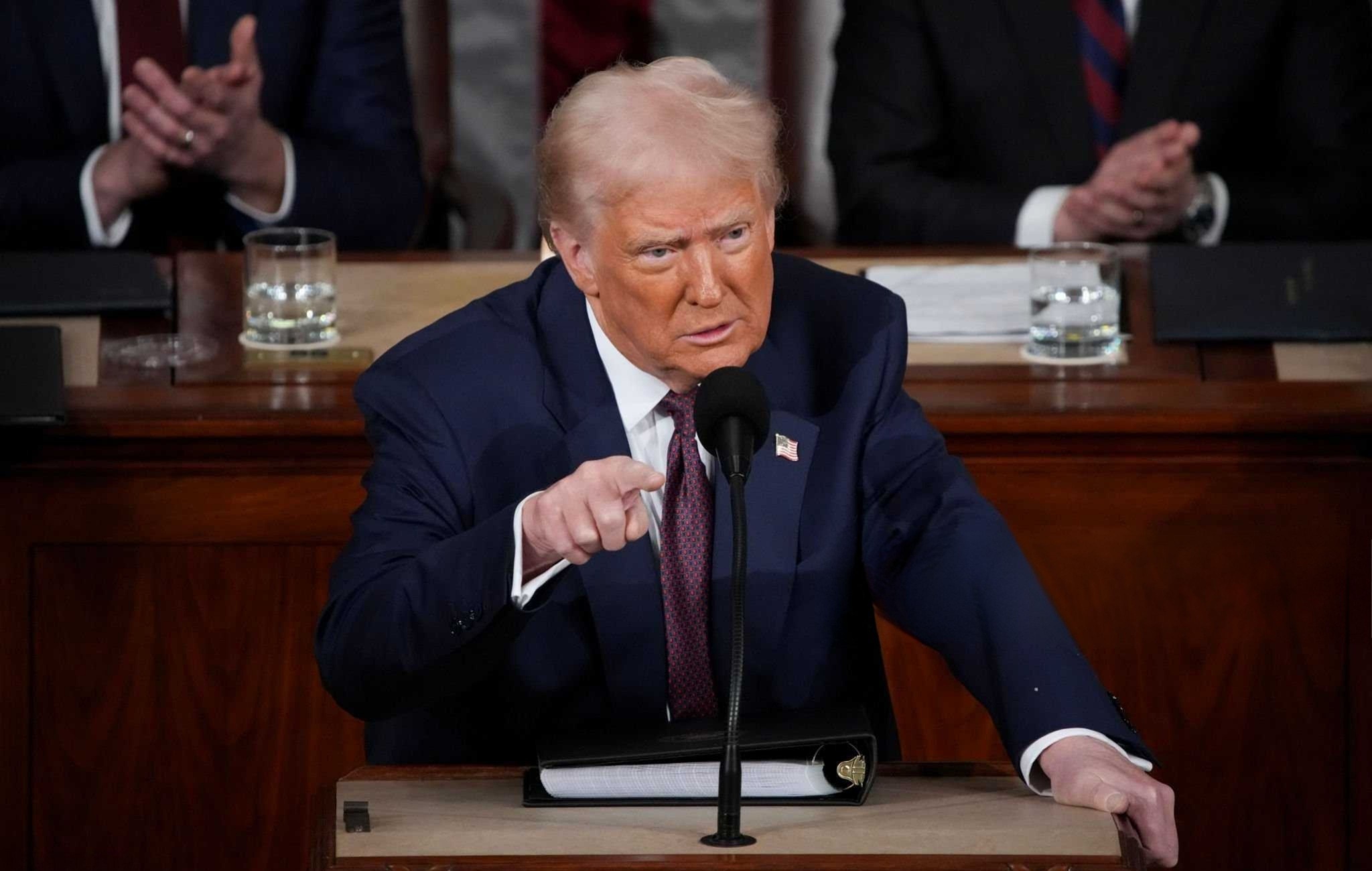
Impact of a Politically Driven Federal Reserve on Global Markets
The Federal Reserve, often referred to as the Fed, plays a pivotal role in shaping not only the U.S. economy but also the global financial landscape. When this institution appears to be influenced by political agendas, it raises significant concerns about the broader implications. How does a politically driven Fed impact global markets, and what should investors be wary of in the current economic climate?
Understanding the Federal Reserve's Role
The Federal Reserve is the central banking system of the United States, entrusted with maintaining monetary stability. It influences the country's money supply and interest rates, striving to balance employment and inflation. Its decisions send ripples through international markets due to the dollar's status as the world's reserve currency. A politically influenced Fed could potentially skew this balance, leading to unpredictable global economic shifts.
The Potential for Political Influence
In recent years, there has been growing speculation about increased political influence on the Fed. When fiscal policies align closely with political objectives rather than economic indicators, the risk of making decisions that may not be in the best interest of long-term economic health escalates. Such influences can lead to policy decisions that are reactive rather than proactive, affecting investor confidence and market stability.
For instance, a politically motivated push to lower interest rates in the absence of economic justification could inflate asset bubbles. This artificial stimulation of the economy, driven by short-term political gains, poses risks of increased volatility once these bubbles burst.
Global Markets at Risk
Given the Fed's immense influence, any politically driven policies can have a domino effect on global markets. Emerging economies are often the first to feel the impact, as they rely heavily on stable U.S. monetary policy to maintain their own economic equilibrium. Sudden changes in U.S. interest rates can lead to capital flight from these economies, destabilizing their financial systems.
Moreover, global investors look to the Fed for signals about future economic conditions. When these signals are blurred by political agendas, investor uncertainty grows, leading to increased market volatility. This uncertainty affects global stock markets, commodity prices, and foreign exchange rates, making it difficult for businesses and economies worldwide to plan their financial futures effectively.
Exchange Rates and Trade
The Fed's role in determining interest rates also affects exchange rates, which in turn influence international trade. A politically driven Fed could manipulate exchange rates to favor domestic economic interests over international cooperation. Such manipulation can lead to trade imbalances, increased protectionism, and possible trade wars, further disrupting global economic stability.
When global investors perceive the Fed as an instrument of political policies rather than a guardian of economic stability, confidence in the U.S. dollar may wane. This could encourage other countries to reduce their reliance on the dollar, slowly eroding its dominance as the world's reserve currency. Such a shift would have wide-ranging implications for global trade and investment flows.
Balancing Political and Economic Priorities
The challenge lies in balancing the legitimate role of government in economic policy with the necessity of maintaining an independent and objective central bank. A politically neutral Fed can provide stability, predictability, and trust – essential qualities in fostering global economic cooperation.
Policymakers and global economic leaders must therefore advocate for and uphold the independence of central banks. Maintaining this independence allows the Fed to focus on its core mandate: achieving maximum employment, stable prices, and moderate long-term interest rates. These objectives help create an environment conducive to sustainable global growth.
The Path Forward
The solution requires a concerted effort from all stakeholders, including policymakers, economists, and international banking institutions, to safeguard the Fed's independence. Transparent decision-making processes and clear communication strategies can help restore confidence in the Fed's ability to govern without undue political interference.
Additionally, strengthening international economic collaborations and forums, such as the International Monetary Fund (IMF) and the World Bank, can provide additional checks and balances. These organizations can offer a platform for dialogue and cooperation, helping to mitigate any adverse effects stemming from a politically influenced Fed.
Conclusion
In conclusion, a politically driven Federal Reserve poses significant challenges not only to the U.S. economy but also to global markets. Investors and policymakers alike must remain vigilant to ensure that the Fed's decisions are made with economic stability in mind, rather than political expediency.
As the world navigates increasingly complex economic landscapes, maintaining the credibility and independence of central banks will be essential in securing a stable and prosperous future. By fostering collaboration and transparency, global markets can weather the potential storms brought on by political intervention, ensuring a resilient global economy for the years ahead.
Investors and global leaders must remain engaged and proactive in supporting policies that promote economic stability and growth, thereby ensuring that the impact of a politically driven Fed is minimized for the good of all.

